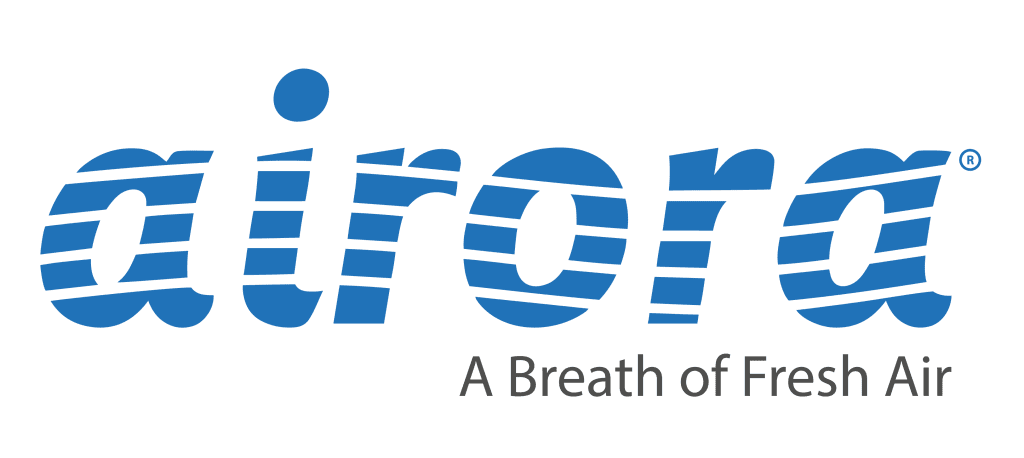Protect your customers and your livelihood
Indoor air is on average two to five times more polluted than the air outside.[1]
73 people tested positive for COVID-19 after a night out at a bar in Spain.[2]
In the UK alone, there are 18.2 million allergy sufferers, not including those suffering other respiratory related symptoms. This equates to 1 in 3 of the population, including an estimated 40% of children.
Across Europe, 1000 cases of travel-associated Legionnaires’ disease were estimated in 2016.[3]
Massage treatments in spas can result in a 60 fold increase in the concentration of total volatile organic compounds, which can in turn lead to eye and respiratory tract irritation, headaches, dizziness, visual disorders and memory impairment.[4]
Hotels and resorts are particularly prone to Legionella outbreaks from nearby water sources and HVAC systems where Legionella can grow.[5]
Protect your staff and customers
Hospitality benefits
Staff and Customers Protected
The hospitality industry was hit particularly hard by the covid pandemic. The industry must now focus on preventing germs spreading disease through the air and contaminated surfaces.
Airora protects staff and customers from both airborne and surface cross infection during all types of infectious outbreak.
Eliminating Odours
Kitchen odours are made up of a whole cocktail of volatile chemical compounds. While these don’t usually pose a direct health risk, many guests find a strong kitchen odour in restaurants or bars to be unpleasant. Musty hotel bedrooms are also a serious turn-off. Simply giving them a quick spray is not a long term solution!
Airora simultaneously sanitises all surfaces, neutralises allergens and removes gaseous pollution, irritants and all types of odour, leaving a room feeling clean and fresh.
Fast-acting
The UK’s SAGE committee assessed all types of air filter and concluded that they all take a substantial period to achieve a limited reduction in airborne (and no reduction in surface borne) germs.
Airora’s molecular cascade reaction creates a real time person to person protection against airborne infection and within minutes kills all types of airborne germs throughout a room.
Improved air quality
Filters only remove germs between the input and output of the device. Therefore, the majority of the room will still be contaminated.
Airora is NOT an air filter, it is a 24/7 whole-room air and surface sanitiser that is 1,000+ times more effective than improved ventilation or any type of filter.


